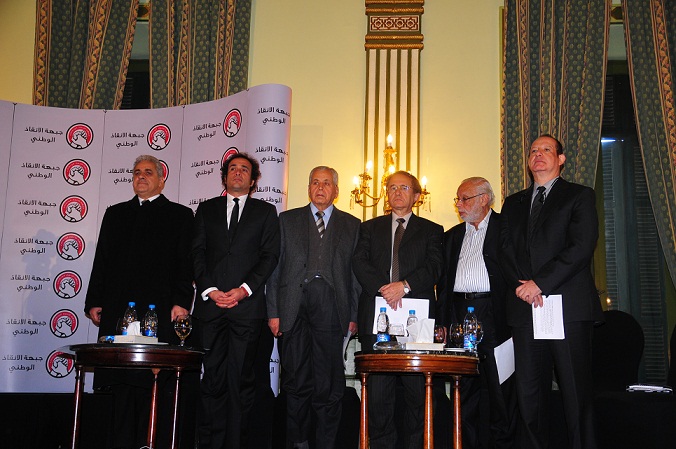By Zainab Abou Elkhair
CAIRO: Ninety percent of Egyptians said their political awareness and involvement in political life in Egypt have increased in subsequence to the revolution, according to a recent poll.
Egyptians and their post-Jan.25 mindset were the subjects of a study executed by renowned market research group, Synovate. The study outlines the psychological changes, characteristics, trends and perception of Egyptians before and after the revolution.
“The feeling of free expression has soared from 25 percent to 88 percent after the revolution; while patriotic feelings and the ‘pride to be an Egyptian’ have also increased to 93 percent from 76 percent,” according to Synovate Middle East and North Africa CEO, Tamer El-Naggar.
“The Egyptian revolution broke 30 years worth of barriers hindering freedom, the ability to dream, and aspiration,” El-Naggar said.
In contrast to these positive emotional changes, feelings of security and guarantee of basic needs have significantly dropped from 75 percent before Jan. 25 to 36 percent after the socio-political changes in Egypt.
The survey, which was carried out between March 29 and April 21, questioned a pool of 1084 males and females of varying social backgrounds from ages 15 to 50+. The survey covered only urban areas in Greater Cairo, Alexandria, Delta and Upper Egypt.
The greater part of the survey concentrated on the dynamics of political perception and involvement.
Attitudes towards participation in the political elections have also significantly increased with 73 percent of the respondents participating in the referendum on the constitutional amendments and 85 percent have the intention of voting in the upcoming parliamentary elections. After the uprising, 29 percent of the population plan to join political parties; and 21 percent are willing to participate and join social activities.
Results of the survey show that although 43 percent of the people have not yet decided which presidential candidate they will vote for, the criteria which they will consider while choosing their next president are well defined.
Seventy-nine percent of the respondents ranked the candidate’s good reputation as the most important criteria for being elected. Among other top aspects which the people will regard while casting their vote were the candidate’s elections program, their diplomatic experience, the people’s support for the candidate and their previous accomplishments for the country as well as their attitudes and actions during the revolution.
Out of all of the respondents, 91 percent feel the next president’s priorities ought to be unemployment, 66 percent also saw inflation as a top priority, and an increase of the minimum wage was prioritized by 49 percent of the respondents.
Linked to the changing political climate in Egypt is the transformation of the media and the growth of its importance.
“It was interesting to see that the news viewership jumped from a secondary position, as the fourth in the ranks, to the top after the revolution, as a direct result of the new events taking place in Egypt and the Arab world,” El-Naggar said.
The study revealed that in accordance to figures before the revolution there had been a drastic increase in the percentage of people who follow the media on television and in newspapers and magazines; namely 75 percent and 39 percent respectively.



